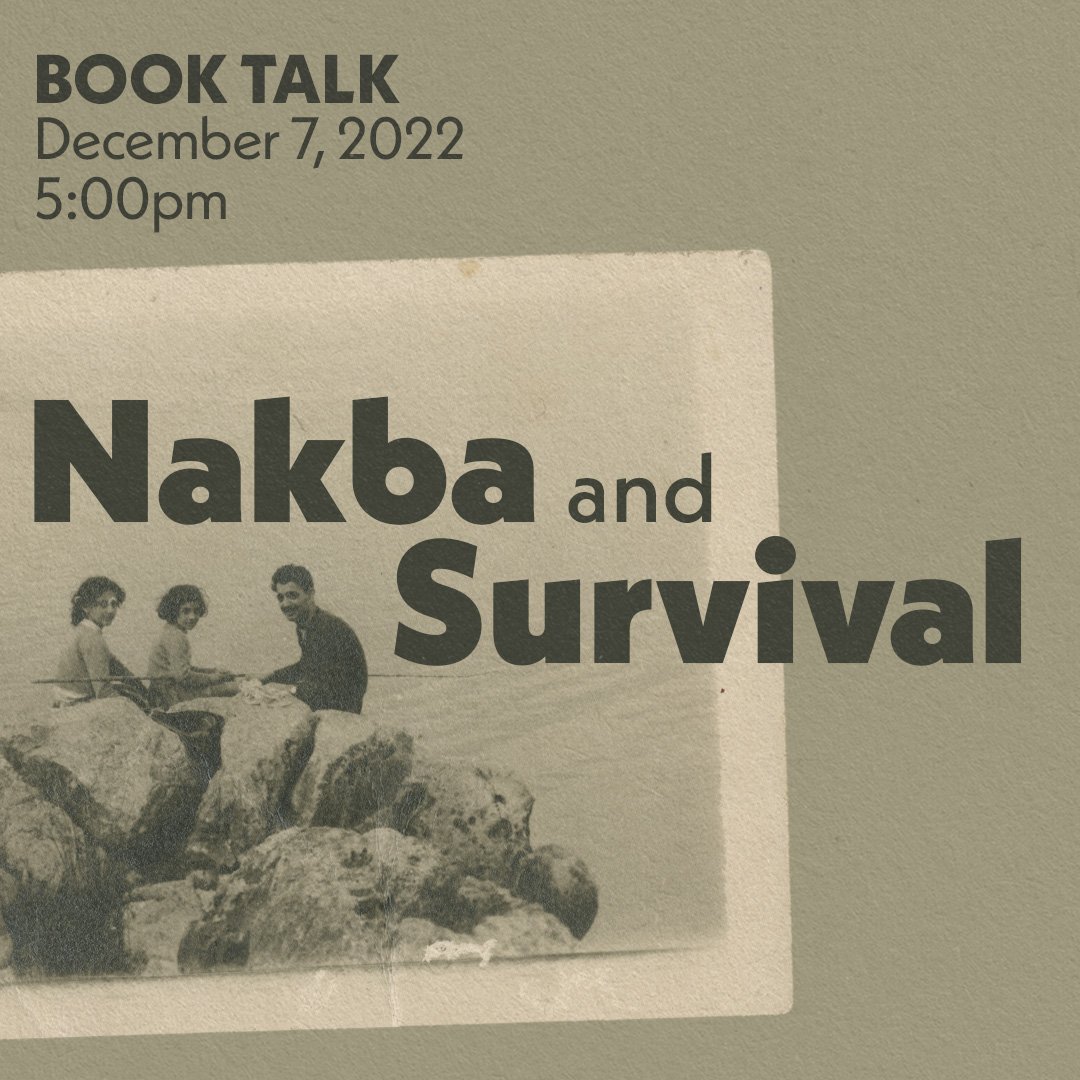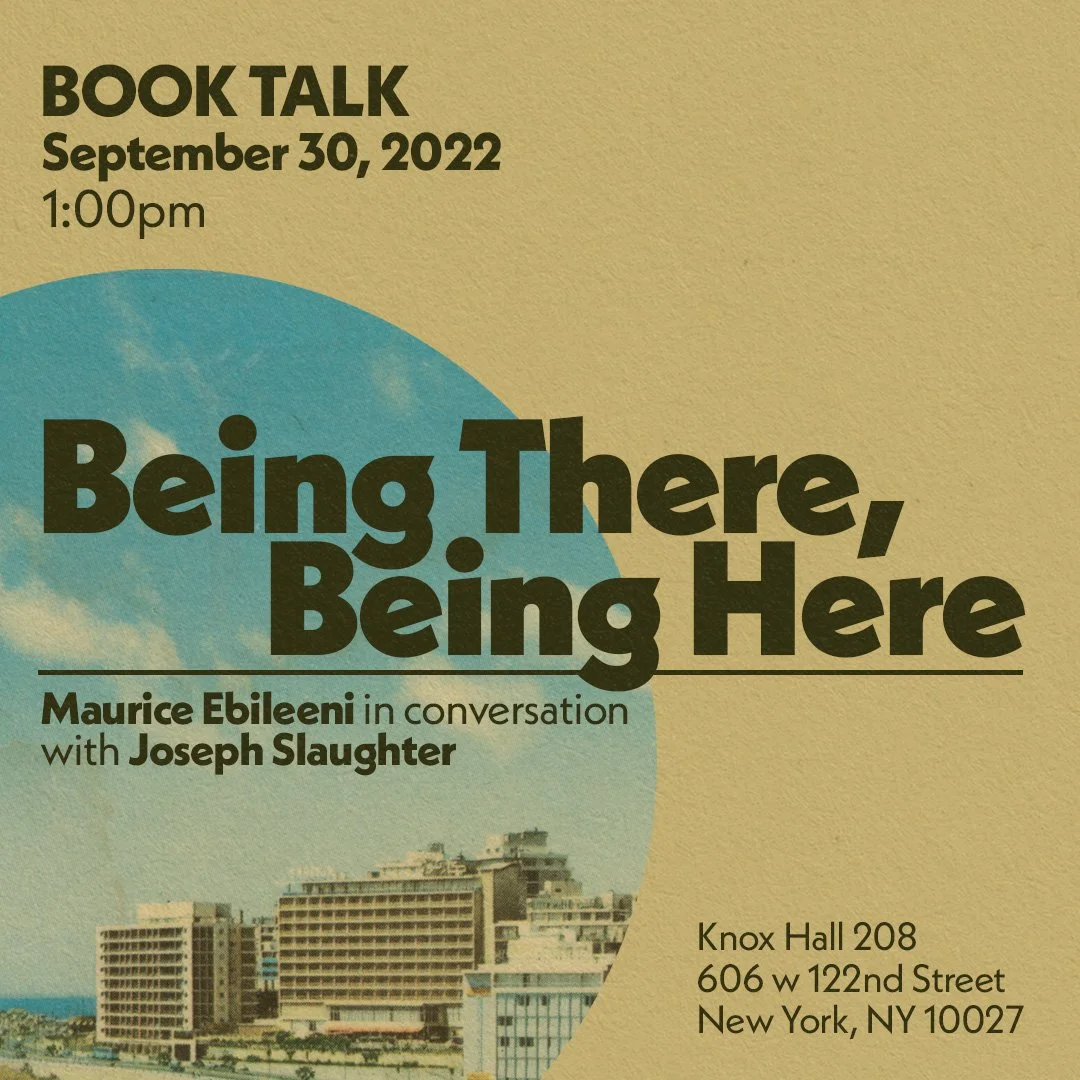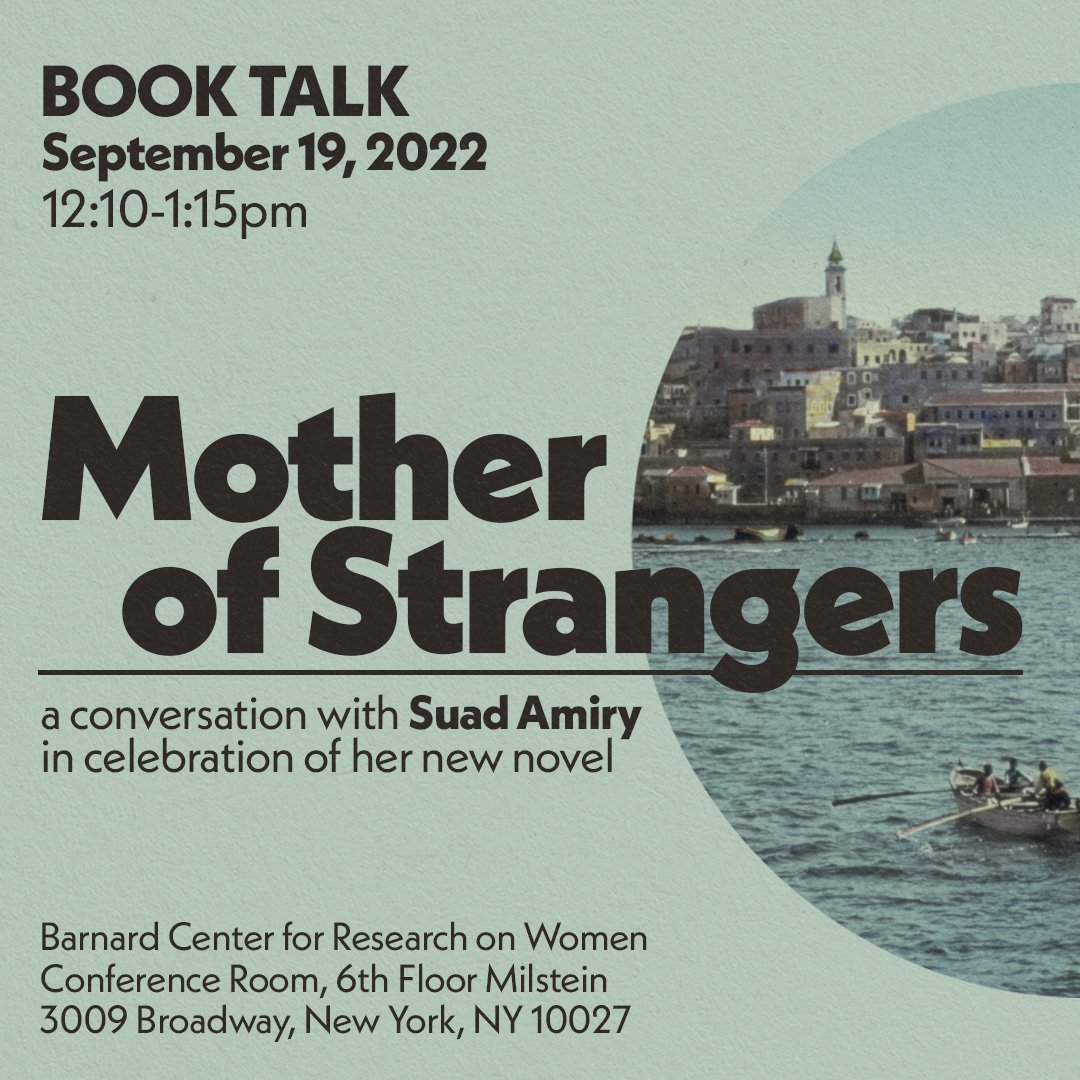
An Evening with Jumana Manna: Screening of Foragers + Artist Talk
AN EVENING WITH JUMANA MANNA
9 December 2022
Avery Hall 114
1172 Amsterdam Ave., New York, NY 10027
Join the Center for Palestine Studies for a screening of Jumana Manna’s film Foragers (2022), followed by a talk by the filmmaker. The event will feature a screening of Foragers, followed by a Q&A and conversation with Jumana about the film, and her broader artistic and cinematic corpus. This event is co-presented by the Graduate School Architecture, Planning and Preservation.
Foragers (2022) depicts the dramas around the practice of foraging for wild edible plants in Palestine/Israel with wry humor and a meditative pace. Shot in the Golan Heights, the Galilee and Jerusalem, it employs fiction, documentary and archival footage to portray the impact of Israeli nature protection laws on these customs. The restrictions prohibit the collection of the artichoke-like ’akkoub and za’atar (thyme), and have resulted in fines and trials for hundreds caught collecting these native plants. For Palestinians, these laws constitute an ecological veil for legislation that further alienates them from their land while Israeli state representatives insist on their scientific expertise and duty to protect. Following the plants from the wild to the kitchen, from the chases between the foragers and the nature patrol, to courtroom defenses, Foragers captures the joy and knowledge embodied in these traditions alongside their resilience to the prohibitive law. By reframing the terms and constraints of preservation, the film raises questions around the politics of extinction, namely who determines what is made extinct and what gets to live on.
Jumana Manna is a visual artist and filmmaker. Her work explores how power is articulated, focusing on the body, land and materiality in relation to colonial inheritances and histories of place. Through sculpture, filmmaking, and occasional writing, Manna deals with the paradoxes of preservation practices, particularly within the fields of archaeology, agriculture and law. Her practice considers the tension between the modernist traditions of categorisation and conservation and the unruly potential of ruination as an integral part of life and its regeneration. Jumana was raised in Jerusalem and lives in Berlin. To learn more, visit Jumana’s website.
Palestine Cuts 2022-23 Curators
Nadine Fattaleh is a Palestinian writer and researcher from Amman, Jordan. She previously worked on projects at the Center for Spatial Research, Studio-X Amman, and MMAG Foundation. In 2021-2, she was the OSUN Fellow in Human Rights and the Arts at Bard College. She is currently a PhD student in Media, Culture and Communications at New York University. Nadine is a member of the Palestinian Social Fund as well as the editorial collective of Science for the People Magazine.
Nasreen Abd Elal is a multidisciplinary graphic designer, illustrator, and researcher whose work centers on the intersection of graphic design and justice-oriented movement work. She works as an information designer at Visualizing Palestine. She graduated with a degree in Middle Eastern, South Asian, and African Studies from Columbia University in 2020.
Palestine Cuts is generously supported by Jeanne and Ken Levy-Church.

























